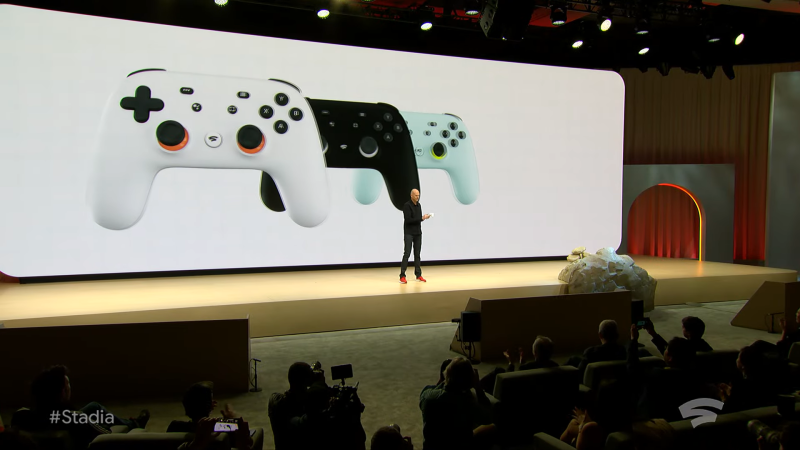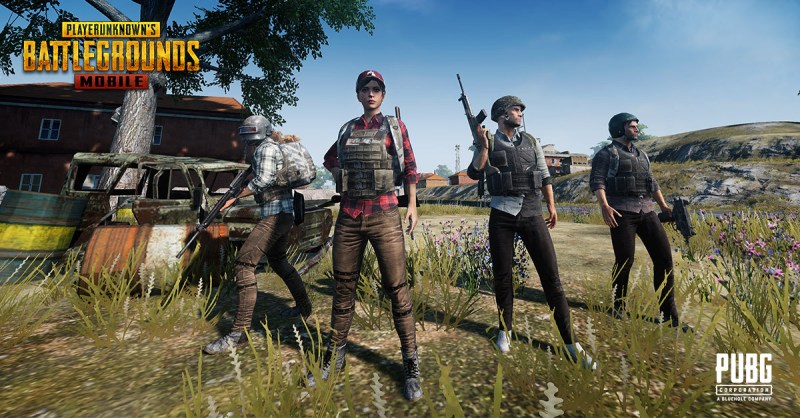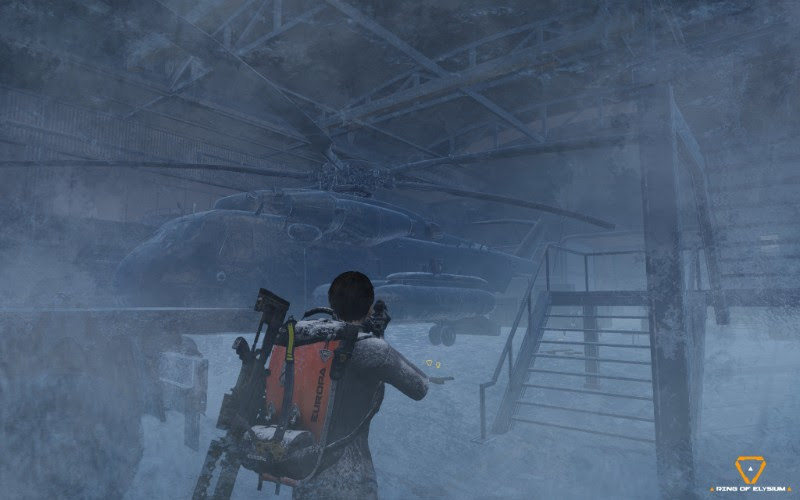
Above: Phil Harrison shows the Stadia controller.
GamesBeat: It feels like investors value companies with huge data centers more than content companies. Disney is worth a lot less than Google.
Ma: For us, the games are more important. Cloud gaming is exciting, true. But something else that’s happening is that some games are very cross-platform. You can play on mobile, on PC, on console, maybe in the cloud. People enjoy content. They don’t care about the device. Cloud gaming can help to make the device more transparent and allow people to focus more on content. That’s what we like about it.
GamesBeat: When I talked to Randy last year, I remember he talked about being more interested in indie developers, in smaller companies you might invest in, because you never know where the next PUBG could come from. You’ve covered a lot of investments in larger companies, so smaller companies are more interesting. Are you interested in doing things like these investment funds? Epic just announced their $100 million fund for small grants.
Ma: We also have a program that we call TGIF, the Tencent Gaming Innovation Fund. It’s targeted at smaller indies and middle-sized developers. That’s global. Every year we’ll do 20 or 30 investments. Our target is that every year we have at least 15 more. Each of those investments is a few million dollars to help small indies make higher quality games.
June 5th: The AI Audit in NYC
Join us next week in NYC to engage with top executive leaders, delving into strategies for auditing AI models to ensure fairness, optimal performance, and ethical compliance across diverse organizations. Secure your attendance for this exclusive invite-only event.
Like Randy said last year, we’ve been doing that for many years. I can give you some examples. PUBG is one of them. It’s how we funded PUBG. We’ve played a lot of survival games over the years. Back in 2013 we were playing DayZ on the ArmA engine. We really liked that game, the game mode that Dean Hall created. We gave him some investment and said, “Let’s make some real survival games.” He’s in New Zealand, where it’s hard to recruit people, so he was a bit slow in developing his games, but that was six years ago. It’s long before battle royale games became popular in the market. We followed up after DayZ with our partnership in H1Z1, and then PUBG. We followed that game genre along a very long road.
That’s the kind of investment we make with TGIF. We try to find someone who’s creating something really new — new game genres, new gameplay — that might change the industry. Then we do some early stage investment.

Above: PUBG on mobile is free-to-play, so it has a lot more cosmetics to buy.
GamesBeat: Do you think we should learn something from how fast Apex Legends took off? I liked playing it a lot more than some of the other battle royale games. With Fortnite I was never good at building.
Ma: [laughs] Yeah, building is pretty hard for older players. You need to pick that up really quickly. I’m the same way.
GamesBeat: And PUBG felt almost too realistic. I was really bad at that. Apex feels more like something like Titanfall or Call of Duty. The combat is more accessible, and everything’s fast. You don’t have to wait as long. You’re in a team and you can communicate with your squad easily. They did some small things really well. But I wonder what it means for the industry.
Ma: What I think is important for the industry there, a triple-A studio created a really high standard of that kind of basic basic gameplay. It’s like you say. Everything runs very quickly, very smooth. The graphics are good. The base is very strong. Then they put some new game rules on top of that to make it interesting. Running a game like that as a service, it could go for a long time.
GamesBeat: What’s fun for me, the game industry feels like it’s constantly changing. It’s changing every month now.
Ma: Yeah, it’s moving so quickly. It’s a good thing. That’s how you create the kind of competition that can improve the industry for everyone.
GamesBeat: What do you think about areas like blockchain and cryptocurrency, whether that could come in and change gaming?
Ma: I don’t believe that can really relate to games yet. We always believe that gameplay, new game genres, new categories, that’s what’s most important in games. Anything that can help improve the gameplay itself.

Above: Ring of Elysium in action.
GamesBeat: As far as your level of investment — when your stock price fell by half, did that affect how much you had available to invest, or was that not related to whether you’d continue to invest?
Ma: We build our business plans and our strategy for games looking out five years or more. We believe it’s the long run that’s important for the industry. We did our first investment in DayZ six years ago. We did our investment in Riot Games in 2007. I think the peak for people watching League of Legends esports hit in 2017, almost 10 years later. If you want to build something great, you’re looking out six years, 10 years.
GamesBeat: What do you think will happen six years from now, then?
Ma: [laughs] We’ll see more kinds of new gameplay coming to the market to change everything. The technology is ready for developers to create something like a real open world, giving real freedom to players. That’s one direction. How can we make games into more of a sandbox, more open worlds, with more freedom to do different things, and more people playing at the same time?
PUBG is so successful because before that, those kinds of games were one on one, or four on four, and then you had 100 people together. So why not 200, 300, 400, 500? Over the next few years, technology will be able to bring more people together to play with each other. You’ll have an open world with more people, more tactics, more things you can do with your teammates. We’re excited to see that kind of new direction.


